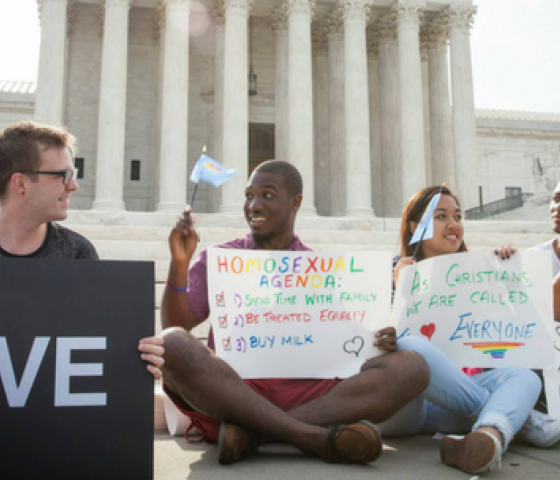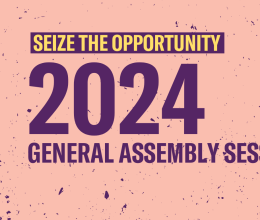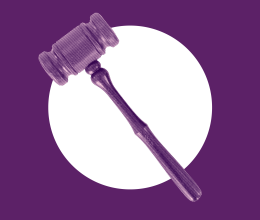Proposed Ordinance Eases Some Constitutional Problems, Creates Others, Says ACLU
Richmond City Council is expected to approve a new ordinance requiring a permit for certain demonstrations on public property. The ordinance is set on the consent agenda of tonight’s City Council meeting.
The move comes in response to an ACLU lawsuit filed on behalf of four activist organizations – Coalition Against the Occupation, Food Not Bombs, Richmond A.N.S.W.E.R., and Defenders for Freedom, Justice and Equality -- challenging the city’s current parade ordinance, which requires a permit from the police department for any parade held on city streets. The plaintiffs contend that the ordinance is unconstitutional because it places no limitations on the police department’s power to grant or deny permits.
The new ordinance alleviates many of the concerns raised by the lawsuit, in that it provides specific criteria for granting permits, includes a prompt appeals process, places the burden on the city to justify permit denials, and expressly prohibits decisions based on the content of a group’s message.
However, the ACLU of Virginia is dismayed that the ordinance was placed on the consent agenda without public hearing. Organizations that are affected by the ordinance should have an opportunity to consider how the changes will affect them and to present their views to City Council.
Moreover, the new ordinance extends the permit requirement to demonstrations on public sidewalks and other “public places,” when a permit was previously required only for parades in the street. Under the ordinance, any group of more than 10 people planning a demonstration that might “tend to” interfere with pedestrian traffic must apply for a permit 15 days in advance.
It is appropriate for the city to require advance notice when streets will have to be closed and traffic diverted. But the city does not need 15 days advance notice of every group of more than 10 people on sidewalks or other public places, if the demonstration does not actually impede pedestrian traffic or access to buildings. The permit requirement in many instances will not allow groups to respond quickly to new events, and places undue burdens on the right to free speech.
“We are pleased that the city is responding to the lawsuit by clarifying its ordinance, but the new restrictions are troubling.” said ACLU of Virginia Executive Director Kent Willis. “We see these changes as simply a first step toward developing city policies that truly foster, rather than hamper, free speech,” he added.
Contacts: Kent Willis, Executive Director, ACLU of Virginia, 804-644-8022 Rebecca K. Glenberg, Legal Director ACLU of Virginia, 804-644-8022





